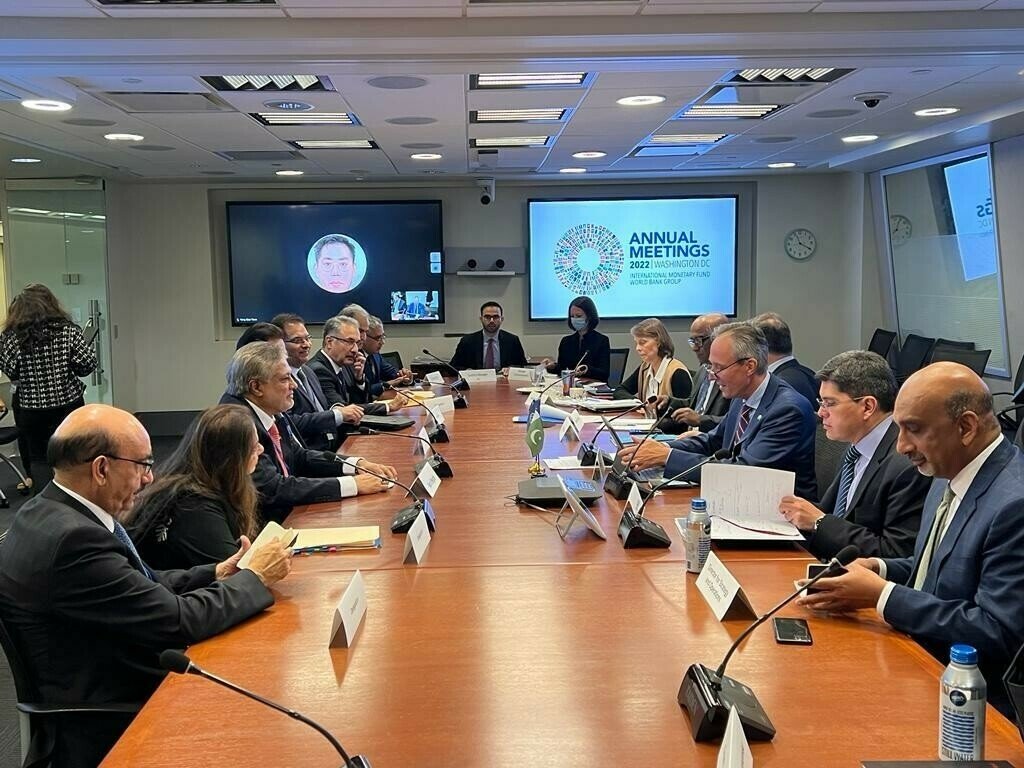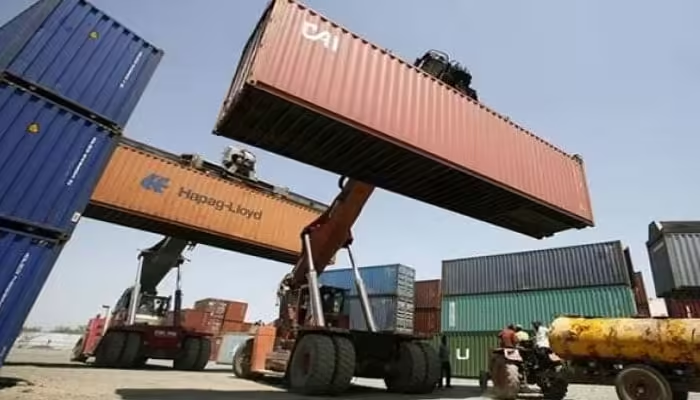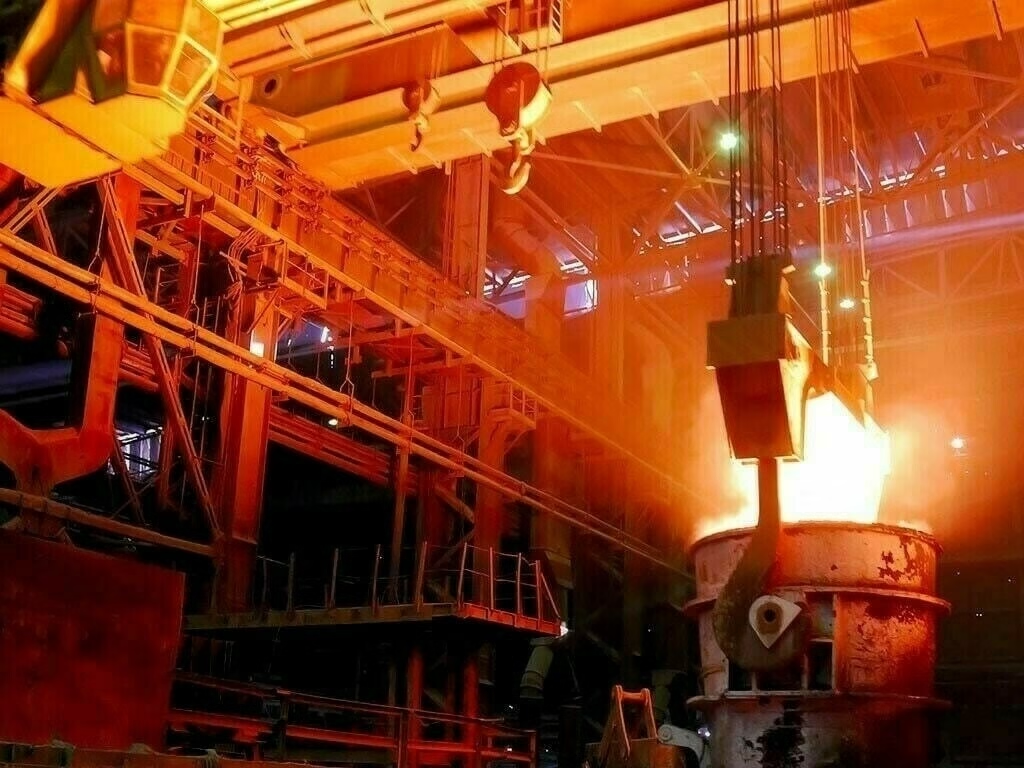Following the conclusion of talks between the International Monetary Fund (IMF) delegation and Pakistani authorities regarding the first review of the $3 billion stand-by arrangement, a policy draft for the future course of action is set to be prepared on Wednesday. Anticipating a successful dialogue, the IMF delegation is scheduled to depart from Islamabad later in the day, and the decision on releasing the second tranche of $710 million next month will be made by the IMF’s executive board.
Sources indicate that during the talks, the IMF expressed concerns about the government’s failure to address the circular debt issue, considered crucial for reducing the budget deficit. Additionally, issues related to the power and gas sectors were discussed. The IMF is reportedly dissatisfied with Pakistan’s stance on external financing, emphasizing the need to secure funds from friendly nations and international financial institutions to meet financial needs in light of insufficient revenue generation.
Furthermore, the IMF is advocating for a revision of Pakistan’s fiscal framework, potentially leading to further hikes in power and gas tariffs. The government’s inability to expand the tax base for increased revenue generation is cited as a factor in this demand.
Deputy Chairman Planning Commission Dr Jahanzeb Khan revealed that the IMF opposed the creation of the Special Investment Facilitation Council (SIFC), considering it favoritism towards a specific group of investors. The IMF stressed the importance of transparency and accountability in this context.
Caretaker Finance Minister Shamshad Akhtar assured that the government is committed to austerity measures and reducing government expenditure to control the budget deficit. She emphasized that the government won’t further burden the masses, and the revenue collection target will remain at Rs9,415 billion. Akhtar expressed confidence in the steps taken by the government, highlighting the IMF’s satisfaction with the Benazir Income Support Programme (BISP) and development spending.
Observers, including businesses and investors, are closely monitoring the progress of the IMF review. While inflation is believed to be easing, expectations for significant interest rate cuts remain cautious. The recent hikes in power and gas tariffs address some IMF demands, and investors are hopeful that the privatization of loss-making state-owned enterprises may gain momentum, potentially boosting share prices in the stock market.



